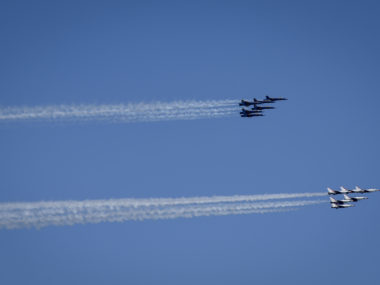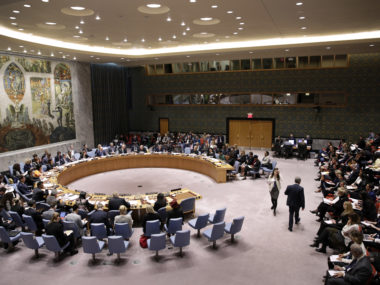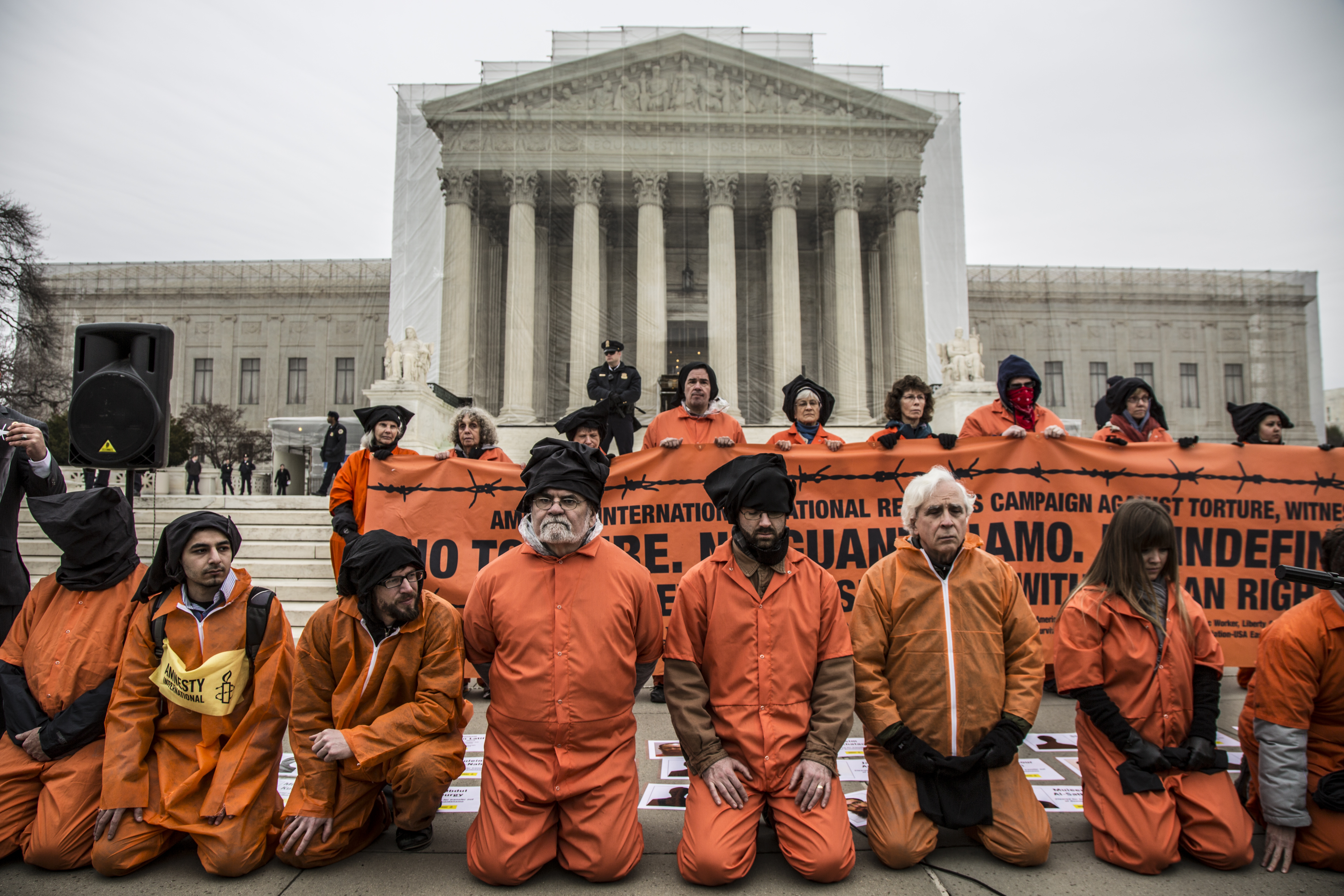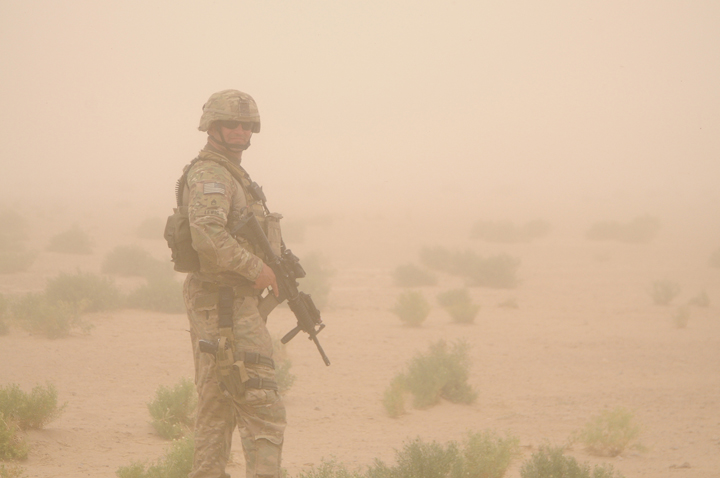Some commentators have called Wednesday’s deadly attack on top Syrian defense officials a turning point, suggesting that ongoing battles in Damascus represent the “decisive” moment in the 17-month-old conflict.
The importance of this incident should not be underestimated for a few reasons.
1. At least one regime insider carried out the assassinations.
Reports differ as to whether the attack was carried out by remote detonation or a suicide bomber. But either way, a regime insider was involved, signaling that the regime is no longer as united as has been suspected.
2. Syrian civilians are emboldened once again.
Twitter is flooded with reports that civilians are turning out in droves in celebratory demonstrations upon hearing the news of the assassinations. A focusing moment like this could reignite mass actions, such as general strikes, noncooperation, and demonstrations, which could magnify the disruptive effect of the bombings.
3. Reports indicate that troops in some areas are defecting en masse.
Some reports indicate that troops are now engaging in mass noncooperation, refusing to fire on civilians celebrating the streets upon hearing of the assassinations. My guess is that this phenomenon varies from town to town. But if it’s true that ordinary troops will no longer obey orders from above, then it is truly the beginning of the end of the Assad regime.
But there are a few reasons to avoid overstating its importance as well:
1. Assad won’t be terrorized into stepping down.
As Barb Walter has noted, Assad sees this conflict as a life-and-death struggle. The assassinations will reinforce this belief, making him dig in his heels even further.
2. The regime has plenty of loyal replacements.
Unfortunately, Assad’s view in shared by a nontrivial proportion of Syria’s population — especially regime insiders who fear retribution should the regime collapse. A willing replacement has already presented himself as Minister of Defense, and this one will be as ruthless as his predecessor.
3. The rebellion remains incredibly fragmented and disorganized.
At least from the outside, it’s not clear who would be in charge if Assad fell. The Syrian National Council would likely pronounce itself the rightful successor to Assad’s regime, but this claim would be highly contested. Many inside Syria reject the SNC as a legitimate representative of the Syrian revolution. There are hundreds (maybe thousands) of disparate militias operating within the country under the Free Syrian Army banner, but none of these will be able to make an uncontested claim to rightful rule. Thus, Assad’s divide-and-rule strategy is still superior to the opposition’s — at least for now.







0 comments
We, in general, seem to be assuming that there are only two possible outcomes, either the opposition wins or the regime survives. There are other possibilities, however, including variations of the Egyptian scenario. What happens if the military turns on Assad, takes direct control of the regime, and then either continues the fight against a divided opposition (now even more divided because Assad is gone) or sides with the rebels or “pretends” to side with the rebels?
I generally agree, but am not so sure that the prospect of getting bombed in a government building gives Assad an incentive to dig in his heels. If the bombing really did involve a regime insider (or if Assad believes that it did anyway) this will likely feed his fears that his own allies might sell him out or worse. This could made him as paranoid and controlling as his father reportedly was, but without the cloud and political wit that he was reputed to have, which would probably only feed dissent even further. The other possibility is that fears of being ousted or killed by his own could push him to seek exile abroad, perhaps in Iran or Russia?
Keep up with the great posts!!
Best,
Dani
The expected en masse defection within Assad’s ranks (http://www.economist.com/node/21559367) raises an important theoretical and empirical question: what is the threshold for widespread defection to occur? At which point does the balance tip against the regime? While we have threshold and tipping models that explain individual participation in civilian uprisings (e.g., Granovetter, Kuran), there is comparatively little on equivalent models that explain the rate of defection within autocratic regimes.
Great post!
Adrian
Reblogged this on Just Keating.